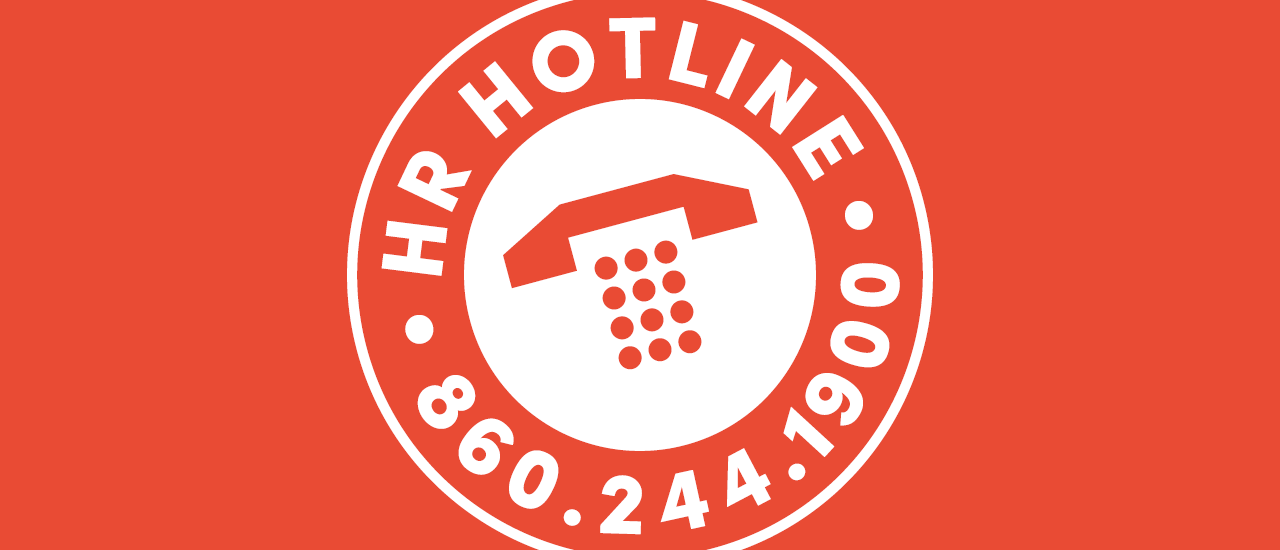HR Hotline: Can We Keep Debt Collectors from Calling Employees at Work?
03.20.2015

HR & Safety
Q: One of our employees has been receiving calls at work several times per week from a debt collector, some directly to the employee, some transferred by the receptionist to our HR manager. Must we pass such calls to our employees? Can we tell the caller not to contact our employee at work?
Keep in mind, however, that this does not diminish an employer’s obligation to implement a properly (legally) served wage execution arising from an employee’s failure to pay attention to his or her creditors. In fact, a company could be on the hook for the debt payments if it ignores the law’s mandate that certain wage garnishments be implemented in a timely manner.
Also note that it is illegal to subject an employee to disciplinary action because of wage executions unless the employer is served with more than seven wage executions on that employee in a calendar year.
Although it is permissible for you to inform a debt collector that you will not pass along collection calls to your employee and that you do not want such calls placed to your company, that alone may not end unwanted calls from a persistent collector.
Your employee, however, does have the ability to prevent such calls. The federal Fair Debt Collection Practices Act requires that debt collectors treat debtors fairly, and it prohibits certain methods of debt collection, including phone calls at inconvenient times or places, such as before 8 a.m. or after 9 p.m. The federal law also prohibits a debt collector from contacting a debtor at work once notified by the debtor that his or her employer disapproves of such contacts.
If your employee advises a collector in writing to refrain from contacting him or her at work because you object, the collector can no longer place such calls, other than to say there will be no further contact or to notify the debtor that the creditor intends to take some specific action, such as filing suit. Your employee should understand that this strategy does not erase any legitimate debt that is owed, and it may result in further legal action to recover on the debt, but it should eliminate any further disruptive calls at your workplace.
RELATED
EXPLORE BY CATEGORY
Stay Connected with CBIA News Digests
The latest news and information delivered directly to your inbox.



